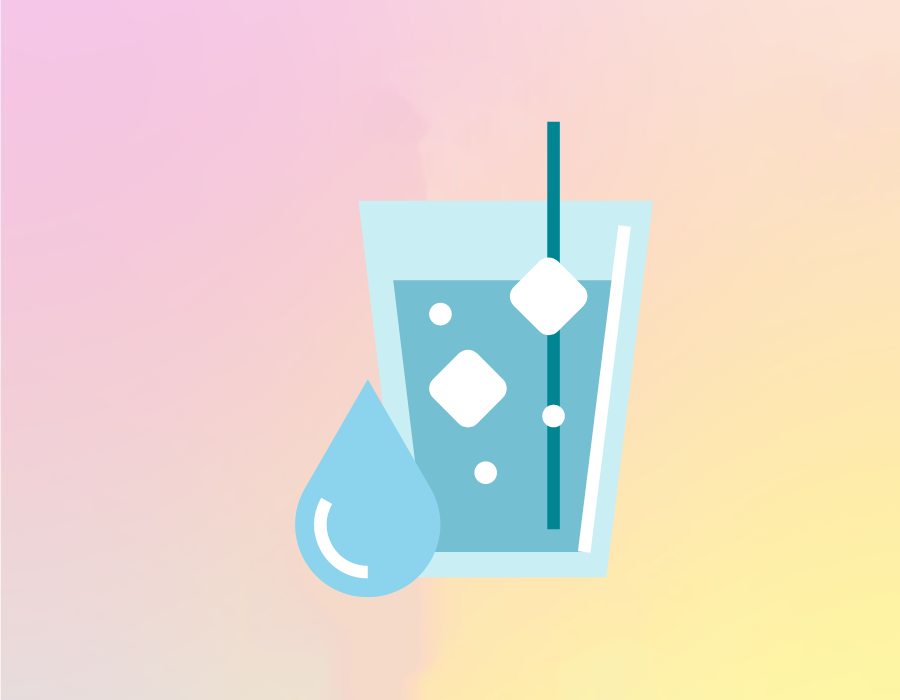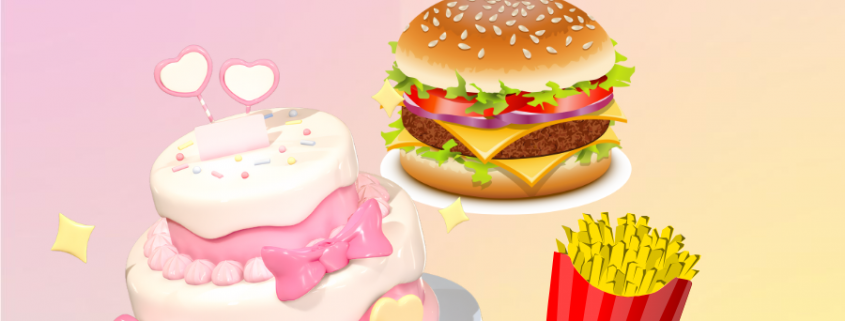What to Eat After Working Late: How to Enjoy Late-Night Snacks Healthily
If you have any queries or suggestions, please feel free to reach out via email to info@harisonfitness.com. We will do everything in our capacity to ensure that you love your experience with us.
For those working overtime, the late-night snack period serves as essential nutritional support during intense work. Of course, since the body’s metabolism slows down at night, it’s important not to overeat during this time—otherwise, it can easily lead to stomach ulcers or contribute to weight gain. Therefore, healthy late-night meals deserve our attention as night owls. A scientifically balanced diet is the top priority. So, what should you eat when pulling all-nighters?
01 Supplement with high-quality protein
Protein is one of the essential nutrients our bodies need and is crucial for maintaining bodily functions. Staying up late disrupts sleep patterns, hinders brain recovery, and often leaves us feeling mentally drained. High-quality protein can help replenish the brain’s energy reserves. This is especially important for those who frequently stay up late, as their brains endure greater strain. Therefore, incorporating high-quality protein into our diet can serve as a healthy snack option. Examples include beef, lean meats, fish, shrimp, and soy products—all rich sources of premium protein.
02 Supplement water-soluble vitamins
Vitamins are also essential nutrients for the human body, categorized into water-soluble and fat-soluble types. Water-soluble vitamins can be excreted from the body through bodily fluids such as urine and sweat. During late-night work sessions, vitamin consumption increases significantly, necessitating timely replenishment. Since water-soluble vitamins cannot be synthesized by the body, they must be obtained through food. Simply put, fruits and vegetables contain abundant water-soluble vitamins. For instance, vitamin A effectively protects our eyes, particularly beneficial for those working overtime who often experience eye strain. Additionally, vitamin C boosts immunity and safeguards skin health. Therefore, incorporating more fruits and vegetables into healthy snacks is advisable.
03 Replenish adequate fluids
Water is essential for maintaining normal bodily functions. Whether you stay up late or not, you should drink an adequate amount of water. The recommended daily water intake for an adult is 1500-2000 milliliters, referring solely to plain water. Beverages like coffee, strong tea, and milk tea can foster dependency and, over time, take a toll on the body. If you must consume them, opt for unsweetened coffee without cream or choose sugar-free drinks. Sugar not burned off during the night converts to fat, contributing to weight gain. Although late-night work consumes significant energy, “overtime weight gain” is a common phenomenon. Therefore, when hydrating, prioritize plain water or mineral water.

04 Avoid high-calorie foods as much as possible.
As mentioned earlier, the body’s metabolic rate slows down at night. However, due to physical demands, people often crave high-calorie foods during this time. Consuming fried or high-sugar foods can easily lead to excessive calorie intake, contributing to obesity while also raising cholesterol levels. This can trigger a cascade of chronic diseases such as diabetes and cardiovascular disorders. Limit consumption of fried chicken, potato chips, and similar items. Opt for high-quality nuts as a healthier snack alternative. Avoid highly processed, sugar-laden snacks like candies and processed sausages, choosing fresh fruits instead. A word of caution: while nuts are exceptionally nutrient-dense, portion control is essential. Excessive consumption can lead to excessive fat intake and contribute to weight gain.

Though pulling all-nighters isn’t the life we aspire to, reality forces us to bow our heads and work tirelessly. Therefore, we must place even greater emphasis on daily exercise and nutritional supplementation. Whenever possible, avoid choosing to work late into the night.




Leave a Reply
Want to join the discussion?Feel free to contribute!